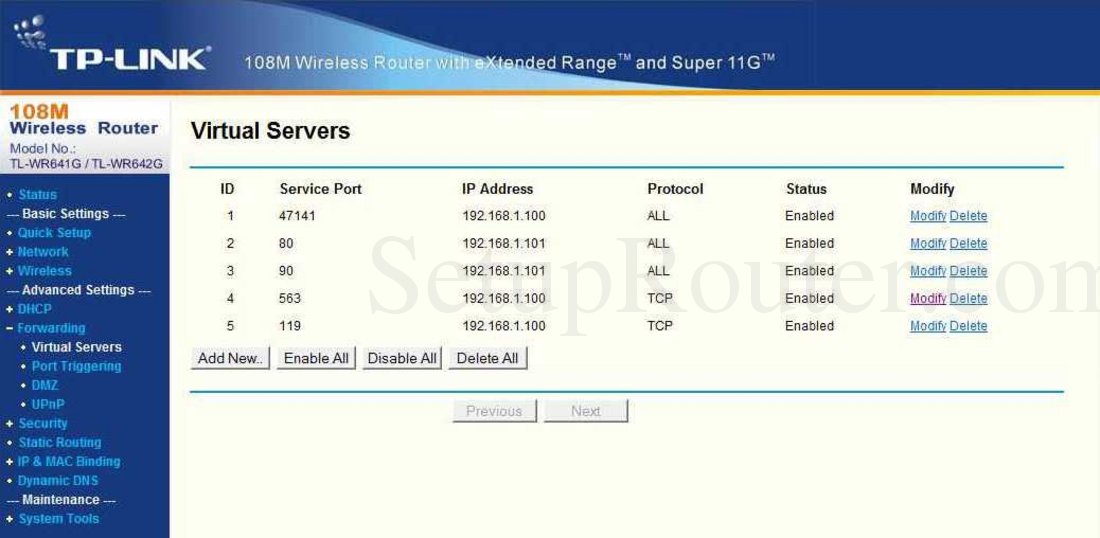
- #LIVERELOAD STATUS 101 SWITCHING PROTOCOLS HOW TO#
- #LIVERELOAD STATUS 101 SWITCHING PROTOCOLS INSTALL#
- #LIVERELOAD STATUS 101 SWITCHING PROTOCOLS UPDATE#
- #LIVERELOAD STATUS 101 SWITCHING PROTOCOLS FULL#
- #LIVERELOAD STATUS 101 SWITCHING PROTOCOLS CODE#
#LIVERELOAD STATUS 101 SWITCHING PROTOCOLS INSTALL#
end-to-end, integration) - In three different shell windows # Make sure you don't have a global instance of Protractor # Make sure you do have Java in your PATH (required for webdriver) # npm install webdriver-manager <- Install this first for e2e testing # npm run webdriver-update <- You will need to run this the first time
#LIVERELOAD STATUS 101 SWITCHING PROTOCOLS CODE#
# code coverage (istanbul) # auto-generated at the end of `npm test` # view coverage report: # You can raise the maximum of file descriptors by running the command below: # Some OS have a small limit of opened file descriptors (256) by default # and will result in the EMFILE error. # NB: The command above might fail with a "EMFILE: too many open files" error. Your app will be watched by karma # on each change all your specs will be executed. It serves the built angular app with Nginx.
#LIVERELOAD STATUS 101 SWITCHING PROTOCOLS HOW TO#
How to build and start the dockerized version of the application You can use it for both development as well as production builds and deployments.
#LIVERELOAD STATUS 101 SWITCHING PROTOCOLS FULL#
The application provides full Docker support. This means you can use them and/or require dependencies that use them without any issues. During a production build, CommonJs modules will be automatically converted to ES6 modules.This includes third-party dependencies: if one is published in both UMD and ES6 modules, go with the ES6 modules version. For best results, prefer ES6 modules whenever possible. UMD modules result in code that cannot be properly optimized.Special attention should be given to RxJs, which makes heavy use of non-static/side-effectful imports: make sure you only add the operators you use, as any added operators will be included in your final production bundle.

For this reason, even though tree-shaking is taking place the developer still needs to be careful not to include non-static imports that are unnecessary, as those referenced imports will always end up in final bundle.



Ready to go, statically typed build system using gulp for working with TypeScript.Supports multiple Angular applications with shared codebase in a single instance of the seed.
#LIVERELOAD STATUS 101 SWITCHING PROTOCOLS UPDATE#
Allows you to painlessly update the seed tasks of your already existing project.Provides fast, reliable and extensible starter for the development of Angular projects.Īngular-seed provides the following features:


 0 kommentar(er)
0 kommentar(er)
